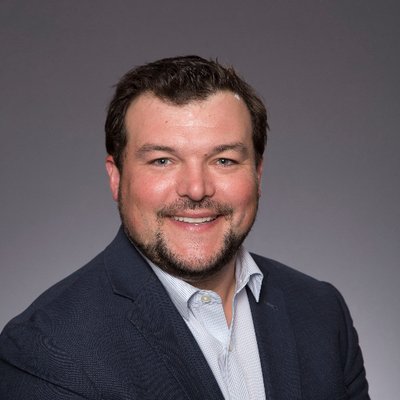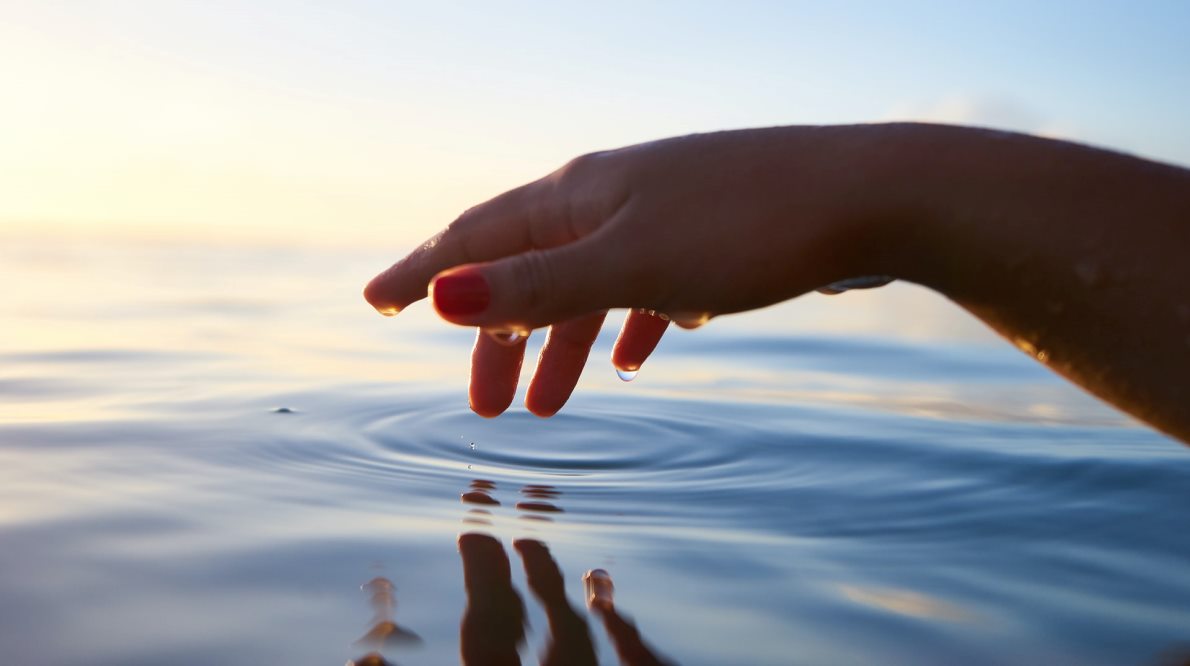Guest commentary by Sean Bothwell, Executive Director of the California Coastkeeper Alliance
 Today, we celebrate World Water Day on the 50th Anniversary of the Clean Water Act. In 1972, Congress passed the Clean Water Act, which set a goal of restoring and maintaining clean water in all of the nation’s rivers, lakes and wetlands by 1985. Five decades later, the vast majority of waterways in California and across the nation are still polluted by discharges of chemicals, sediment, or other contaminants.
Today, we celebrate World Water Day on the 50th Anniversary of the Clean Water Act. In 1972, Congress passed the Clean Water Act, which set a goal of restoring and maintaining clean water in all of the nation’s rivers, lakes and wetlands by 1985. Five decades later, the vast majority of waterways in California and across the nation are still polluted by discharges of chemicals, sediment, or other contaminants.
These discharges can range from a chemical company pouring waste into a nearby swimming hole, to a logging project clogging up a stream with sediment, to untreated urban storm water carrying bacteria, toxic metals, and trash onto the beach. The impacts of this pollution are often felt most by disadvantaged communities, for example by making local waters unsafe to swim in and making fish from local rivers unsafe to eat for families that rely on fishing to provide food.
It is time California gets on track to provide swimmable, fishable, and drinkable water for all Californians. That is why California Coastkeeper Alliance teamed up with Assembly Members Robert Rivas and Christina Garcia to introduce the Clean Water For All legislative package.
Our first bill, Assembly Bill 2106, will help modernize California’s stormwater program. Stormwater is California’s number one source of urban pollution. Stormwater runs off paved surfaces like sidewalks, streets, or roofs, picking up any toxic substances that have been deposited there and carries them into nearby waterways. In Los Angeles, for example, rivers flowing through disadvantaged communities have become toxic cocktails of PCBs, heavy metals, dangerous bacteria, and trash.
AB 2106 will modernize California’s stormwater program, first by requiring the State Water Board to conduct a holistic review of the state’s stormwater program aimed at improving environmental outcomes while lowering compliance costs. Second, AB 2106 will improve the State Water Board’s data collection systems by creating a simplified, streamlined approach that reduces costs but improves results. Finally, AB 2106 will require the State Water Board to issue a new order regulating stormwater from currently unregulated large commercial parking lots. Regulation of stormwater from all sources will ensure that costs of compliance are distributed evenly and equitably across all permittees, while achieving better results for the environment.
Our second bill, Assembly Bill 2108, will set policies addressing the disproportionate impacts of water pollution on environmental justice communities. Residents in environmental justice and tribal communities face extensive pollution and health risks from multiple sources; many of the factors that affect a person’s ability to overcome environmental impacts are often left unconsidered and neglected. AB 2108 will ensure that the State Water Board and each Regional Water Board include a decision-maker from an environmental justice and/or tribal community. The bill will also direct water board staff to reach out to potentially affected tribal and EJ communities. And finally, AB 2108 will require the Water Boards to provide an analysis to decision-makers that daylights how certain permits and policies will impact environmental justice and tribal communities.
Our final bill, Assembly Bill 2113, will make several important changes to how money from pollution fines is spent, without increasing taxes or fees. The legislation will require at least 30% of enforcement fines to go back to the communities originally harmed by the pollution. The remaining penalty funds will then be used for: (1) cleaning up the most polluted waterways through restoration; (2) improving monitoring of water quality to ensure that remediation funding is spent where it can have the most impact; (3) developing community capacity so that residents in the most marginalized communities can participate in the regulatory and permitting processes; and (4) funding research through the Clean Water Innovation Account, which will help the Water Boards develop new and up-to-date pollution controls.
Today is not only World Water Day, but also the first major committee hearing for our legislative package. Let’s celebrate and make today the first major step towards clean water for all Californians!
Sean Bothwell directs California Coastkeeper Alliance (CCKA) initiatives to protect and enhance healthy inland and marine waters throughout the state for the benefit of Californians and California ecosystems. Sean is a national leader on critical environmental issues, including ocean desalination, California’s trash policy, stormwater permitting and funding, and potable recycled water.



